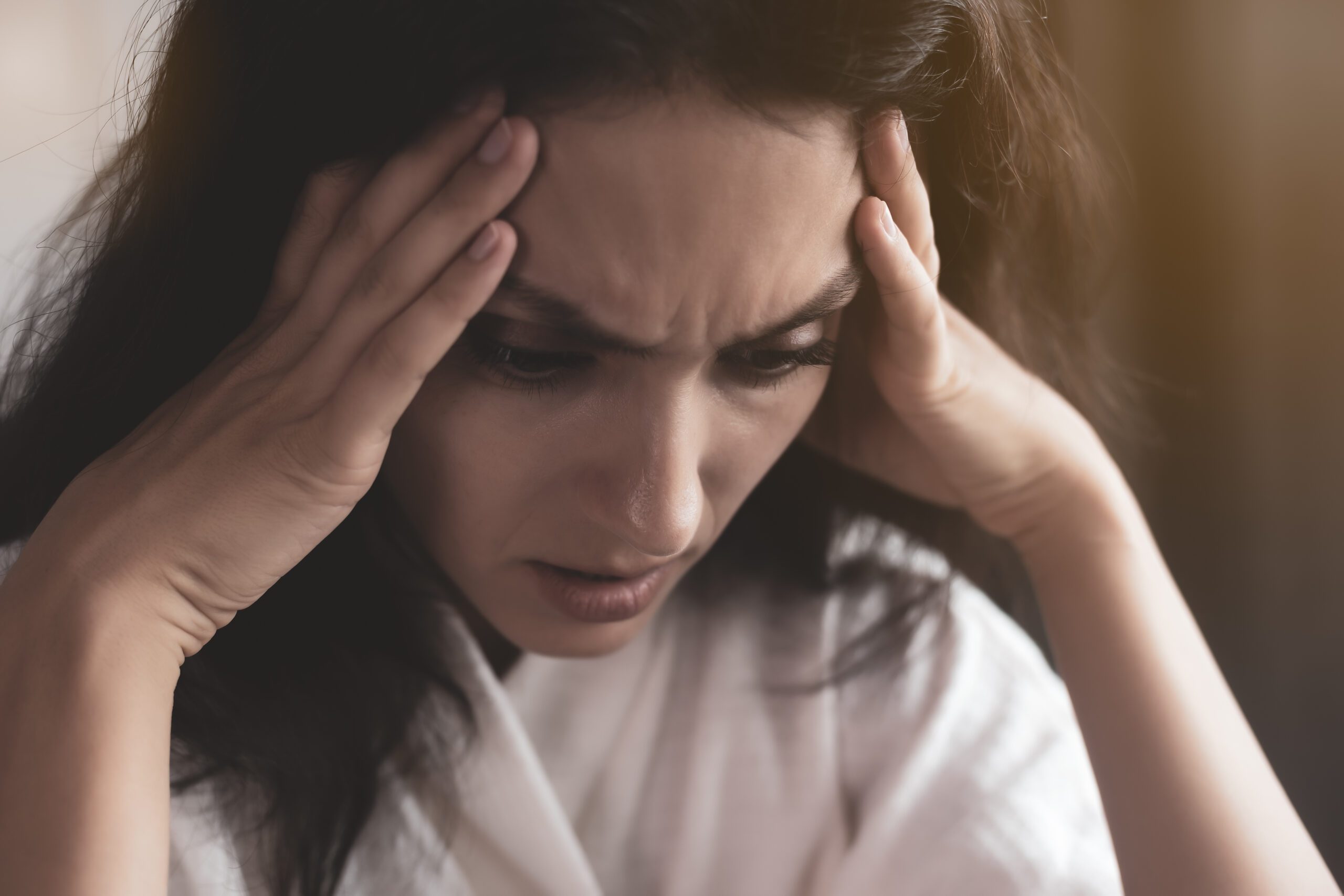Anxiety is a mental health condition that causes feelings of dread, fear, and uneasiness. It can cause physical symptoms like a rapid heart rate, increased blood pressure, and nausea. A certain level of anxiety is normal and can even be helpful. For example, feeling anxious before taking a test or interviewing for a new job can motivate you to prepare thoroughly. However, when anxiety becomes excessive and continual and impacts your daily functioning, it may be an anxiety disorder. If left untreated, excessive anxiety can seriously impact both your mental and physical health.
There are different types of anxiety disorders, including the following:
- Generalized Anxiety Disorder (GAD). Described as excessive and uncontrollable worry about everyday things like health, money, family, or work that lasts for at least six months.
- Obsessive-Compulsive Disorder (OCD). Characterized by persistent, unwanted thoughts (obsessions) and repetitive behaviors (compulsions) that disrupt daily functioning.
- Panic Disorder. Having unexpected and recurring panic attacks – episodes of intense fear accompanied by symptoms such as shortness of breath, a racing heart, and nausea.
- Post-Traumatic Stress Disorder (PTSD). PTSD can occur after being exposed to a disturbing event or ordeal in which a serious injury occurred or was threatened. People with PTSD have disturbing thoughts and feelings related to the traumatic event.
- Social Anxiety Disorder. Characterized by an intense fear of being watched, judged, embarrassed, or negatively evaluated by others in social or performance situations.
Anxiety disorders can occur alongside other mental health conditions like depression or substance use disorders. It is common for those with anxiety to self-medicate with drugs or alcohol to mask the symptoms they are experiencing.
The presence of co-occurring mental health conditions, such as anxiety and substance abuse, can create a complex and challenging situation. Anxiety disorders can increase the risk of substance abuse, and vice versa, as individuals may turn to drugs or alcohol as a means of coping with their anxiety symptoms. This self-medication can provide temporary relief but ultimately leads to a dangerous cycle of dependence and worsening mental health.
What Anxiety Feels Like
While the symptoms can vary from person to person, common signs of anxiety include:
- Excessive worrying
- Feeling agitated or restless
- Fatigue
- Trouble concentrating
- Muscle tension
- Disrupted sleep
- Panic attacks
You may experience multiple physical and psychological anxiety symptoms that can significantly disrupt your quality of life.
7 Ways to Manage Anxiety
If you are experiencing anxiety that is persistent and overwhelming, there are steps you can take to feel better:
- Practice relaxation techniques like deep breathing, meditation, yoga, or progressive muscle relaxation. These can counteract the physical stress response and induce a sense of calmness.
- Exercise regularly. Walking, swimming, or cycling can relieve pent-up tension and produce mood-boosting endorphins.
- Avoid alcohol, caffeine, and smoking. These can exacerbate anxiety symptoms.
- Prioritize good sleep habits by maintaining a regular sleep schedule and creating a relaxing nightly routine.
- Challenge anxious thoughts by identifying and replacing irrational worry patterns with positive, rational statements.
- Talk to a close friend or write in a journal to process difficult emotions in a healthy way.
- Try stress management techniques like prioritizing to-do lists and practicing time management skills.
When to Seek Professional Help for Anxiety
If anxious feelings interfere with your daily life and self-help techniques do not provide sufficient relief, you may benefit from seeking professional treatment. Effective mental health treatment options for anxiety disorders include:
- Therapy. Cognitive behavioral therapy (CBT) and exposure therapy are proven psychotherapeutic techniques to help reduce anxiety symptoms.
- Medication. You could be prescribed anti-anxiety medications and antidepressants if you have severe or persistent anxiety.
- Support groups. Sharing experiences and coping strategies with others facing similar struggles can be therapeutic and provide ways to help you manage anxiety.
A combination of medication, therapy, and lifestyle changes is often the most effective way to overcome debilitating anxiety. With proper treatment and self-management strategies, it is possible to keep anxiety in check and live life to the fullest.
Are you or a loved one struggling with a mental health condition such as anxiety? At Peak Behavioral Health in Santa Teresa, New Mexico, we can help. We offer a variety of treatment options, such as outpatient care, to help manage symptoms of anxiety and improve your overall mental health. To learn more, please contact us today.





